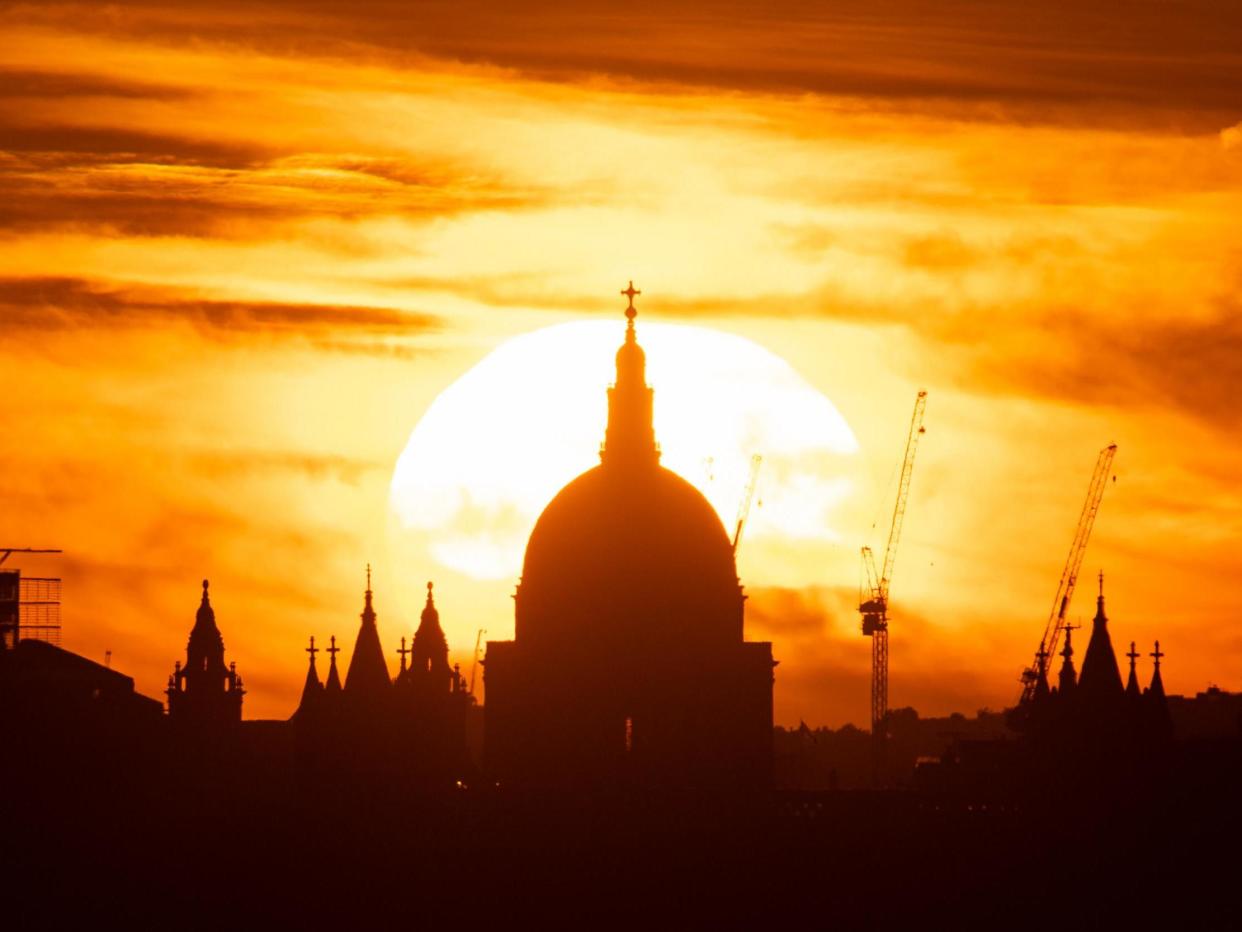After coronavirus, the British people aren’t afraid of the big changes needed to tackle the climate crisis

While ministers, local government and civil servants have rightly been focused on the coronavirus crisis over the past six months, another crisis hasn’t gone away. In fact, it’s accelerating, and concern about climate change has gone up, not down, during the pandemic.
The evidence of what the climate emergency is doing to our planet – and the very real consequences for humankind – go beyond the latest heatwave. In February, people across the UK lost their homes and their livelihoods because of the worst floods on record – exactly the kind of extreme weather that scientists say is more likely because of climate change. Torrential rains left a quarter of Bangladesh submerged and millions lost everything. And who can forget the terrible bushfires in Australia, which caused significant human deaths and killed 3 billion animals?
Yet amid the damage and loss caused by the coronavirus pandemic, 2020 has witnessed positive change too. We have seen the incredible collective power of our individual actions to protect others from harm. There have been figures released confirming that the UK’s consumption of coal last year plunged to the lowest level in 250 years. And the number of cities globally now providing free public transport has topped 100.
The early weeks of coronavirus lockdown saw a fall in the carbon emissions responsible for driving up global temperatures, and while it hasn’t lasted – we continue to pump greenhouse gases into the atmosphere, fuelling the climate emergency – some things have endured. Most notably, our shared understanding of what’s possible given the right political will.
So as we get dangerously close to the point where it will be impossible to limit the average global temperature rise to 1.5C above pre-industrial levels – the target the world signed up to in the Paris climate agreement in 2015 – two things are vital. First, that governments take action commensurate with the science. Second, understanding that a crisis on this scale demands working collectively to protect all of our communities against further insecurity and injustice – and that we can do this.
The growing demand for something better than normal as we emerge from the coronavirus pandemic is proof people want more of a say in their futures. They aren’t afraid of the big decisions required to improve our quality of life and protect nature either – and know that means acting now.
The UK’s climate change laws commit us to reaching net-zero emissions by 2050. But this date is far too late to stop runaway climate chaos and the government isn’t on track to reach even that target.
We need to be more ambitious, move faster and be honest about our global climate impact. For example, we can and should take responsibility for the emissions pumped out elsewhere in the making of things we consume, and the emissions from airlines and shipping.
We need to bring our climate response in line with reality; to commit the UK to doing its fair share to keep global temperature rises below 1.5C, paving the way for a new, climate-proof economic plan that makes human and planetary wellbeing the top priority.
A new bill, drawn up by Extinction Rebellion, which along with the school climate strikers has done so much to propel the accelerating climate crisis up the political agenda, seeks to do just this. It rightly recognises that politicians do not have a monopoly on wisdom and creates an essential role for citizens’ assemblies. These will help decide on policies and give each one of us the opportunity to be heard, as we unite to tackle the climate crisis in a way that leaves no one behind.
Whilst it’s certainly parliament’s responsibility to pass laws, the challenge to provide leadership, courage and a moral compass speaks to us all.
Caroline Lucas is a Green Party politician and MP for Brighton Pavilion.

